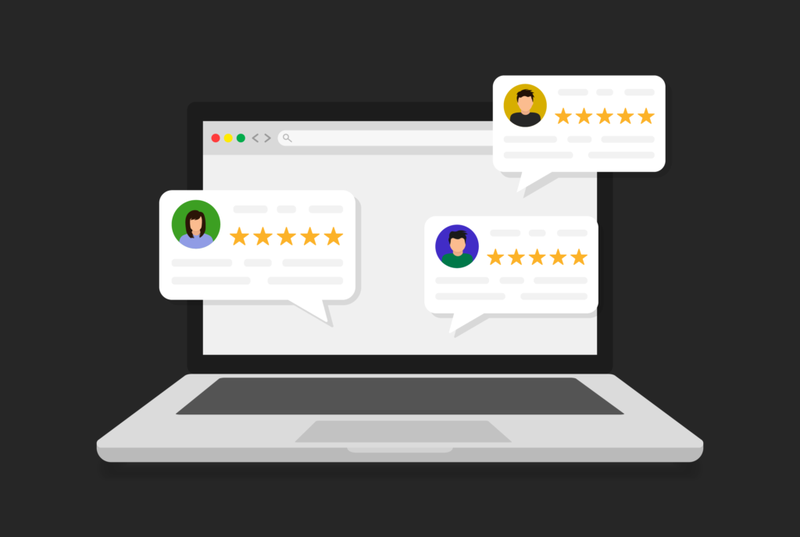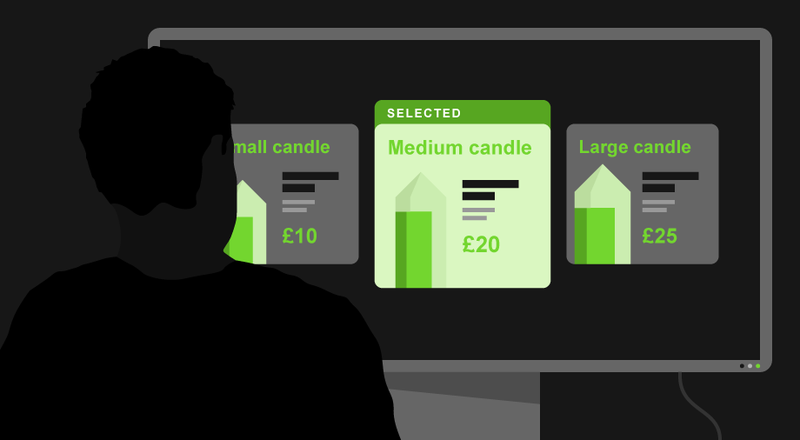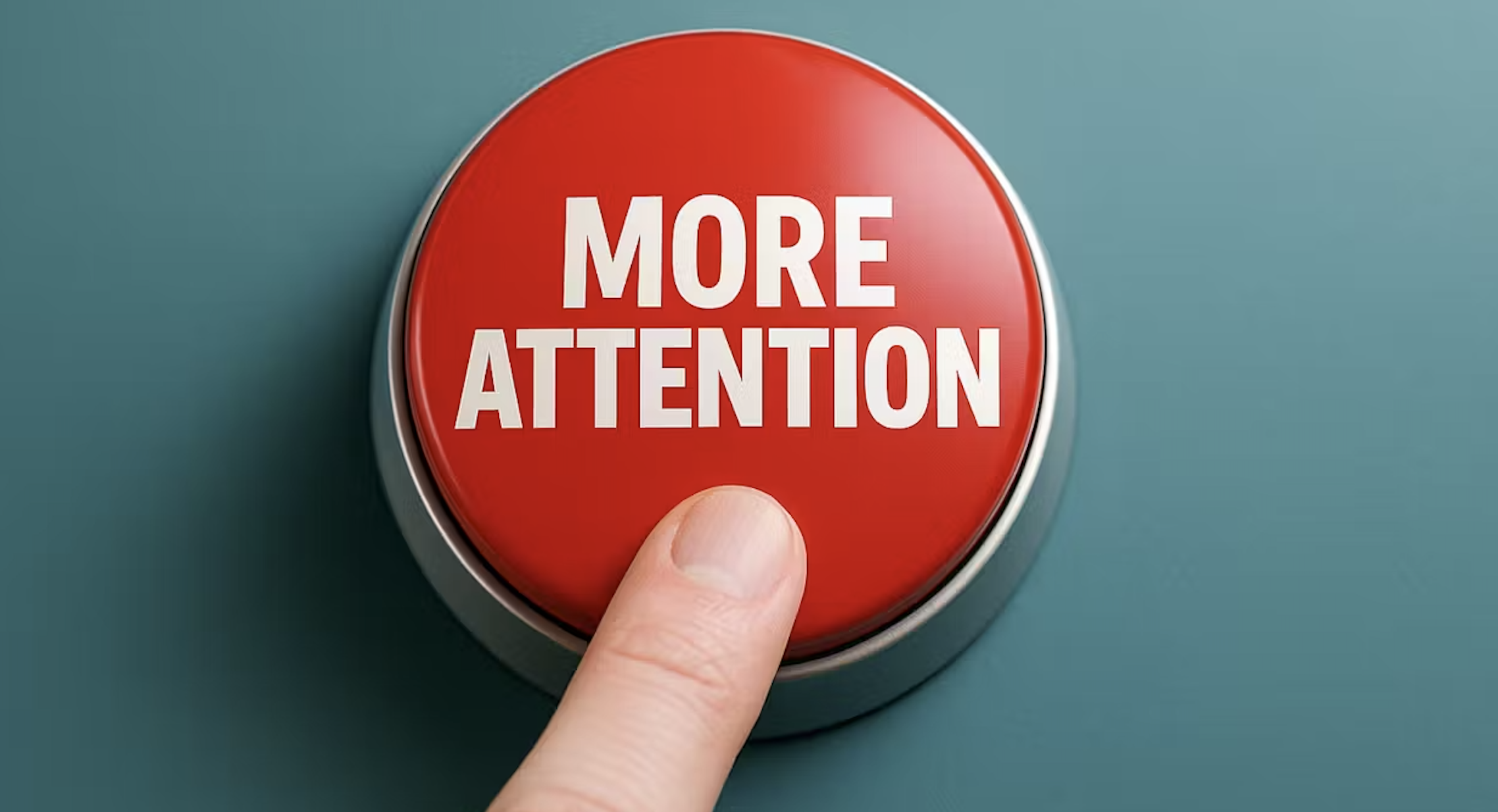What can behavioural psychology teach us about digital marketing?
Branching from traditional psychology, which looks at the mental or behavioural characteristics of an individual or group, digital psychology has grown in breadth and scope, particularly within the realms of marketing.
When applying behavioural psychology to the online world, this is known as digital psychology, which can help companies assess how people use search engines, what they are looking for, how they interact with content and ultimately, how customer behaviours can be influenced.
This article explores the relationship between marketing and psychology, and how this can build customer loyalty and lead to long-term business growth.
Why is behavioural psychology important within digital marketing?
Creating a bond between your customers and your brand is at the heart of behavioural psychology. This means garnering a basic understanding of the customer’s needs and relating to them on an emotional level to cement trust between both parties.
Relying on longstanding authority and reputation within a certain industry is no longer the solidifying benchmarker for guaranteeing customer loyalty. The rise of social media platforms, such as YouTube, TikTok and LinkedIn, have upended traditional marketing strategies. Shareable content is influencing the way brands engage with their customers and the number of followers or on-platform engagements have become key metrics that can impact your overall position.
Developing positive, personalised engagements with your customers is now expected, and by capitalising on this relationship, brands can find new ways to attract and retain customers, expand their reach, and personalising the customer experience.
Furthermore, by understanding the customers’ need and how they make decisions, you can reduce the risk of overwhelming them or complicating their purchase journey. In The Paradox of Choice – Why More Is Less, psychologist Barry Schwartz explored how too much choice can negatively impact decision-making and customer behaviours.
By offering a select number of products and services, customers measure the pros and cons quickly and efficiently. This, in turn, can positively influence customer behaviour and support the creation of long-term, positive digital marketing strategies that yield results.

Build trust between brand and customer
A 2022 survey by McKinsey revealed that when purchasing goods or services, customers consider both trustworthiness and robust data protections to be nearly as important as other significant decisions, such as price, quality and overall convenience. More than half of the respondents also stated that they often or always make online purchases or use digital services only once they have established the company’s reputation for being trustworthy with customers’ data.
Trust around data is essential for digital marketing, which uses various types of customer data to create highly targeted campaigns. Examples include:
- Demographic information – age, sex and location
- Behavioural data – how customers engage with your brand, e.g., desktop/mobile, purchasing activity, leaving products in virtual ‘baskets’ when exiting your website
- Lifestyle data – whether customers have children, their hobbies, their disposable income and more
- Personal data – name, address, email address, phone number, bank details, and more.
With such vast amounts of data held, businesses must therefore remain conscious of the responsibility to treat data sensitively to maintain the trust of the customer. McKinsey noted that 40% of respondents surveyed stated that they have since moved their business from a company upon learning that data is not protected.
Build an emotional rapport
By gaining a deeper understanding of the customer need, businesses can shape content, products or services and build an emotional rapport. Customers who feel emotionally engaged with a brand are at least three times more likely to recommend their product or service. Additionally, businesses can better demonstrate how they meet the customers’ needs through products/services and marketing, e.g., by personalising the customer’s experience to reflect their values or identity.
Loyalty schemes are a good way to build and capitalise on these emotional connections. Providing much-desired incentives and rewarding returning customers can drive long-term retention, encourage customer engagement and further cement trust in your business.
Promote engagement and long-term growth
Several behavioural psychology tactics can be significantly beneficial within digital marketing and look to promote customer engagement and authenticity.
A key example is social proofing. Established by US psychologist, Robert B. Cialdini in Influence: Science and Practice, it refers to the “psychological and social phenomenon wherein people copy the actions of others”.
In marketing, social proofing can be seen through customer feedback and influencer sponsorships. Sharing positive reviews or a recommendation from a popular influencer can encourage customers to make a purchase, while bad reviews will likely put them off.

Digital marketing tactics that utilise behavioural
psychology
Utilising behavioural psychology within digital marketing will help your business to gain an increased knowledge of what customers are searching for, what they purchase and why, and in turn, build customer loyalty and long-term customer retention.
Here are various ways that behavioural psychology is used within digital marketing strategies, whether knowingly or otherwise:
Mind your language
Using language that reflects your target demographic and subject matter is key to building a relationship with the customer, create a sense of understanding and ensure engagement. The way in which your content is interpreted can also be coloured through a prism of cultural considerations, the personal experience of your reader as well as longstanding traditions, which impact customer behaviours.
The psychology
Psycholinguistics have found that human behaviours can be impacted by:
- The type of language used and how words are structured and formulated (morphology)
- How your sentences are structured (syntax)
- What your words mean (semantics)
- How the language sounds when read aloud and processed by customers (phonetics and phonology)
- How additional context can support the meaning of your content (pragmatics) – ensuring content is accessible and allow the customer to process information quickly and easily.
User-friendly design
The way in which your products and services are organised and displayed online can influence a customer’s purchase decisions or confidence with the brand.
The psychology
to the importance of usability and accessibility in website design cannot be overstated. Psychologist George Miller’s influential paper The Magical Number Seven, Plus or Minus Two: Some Limits on Our Capacity for Processing Information explains that the average human can retain around seven pieces of information at one time to their working memory. In website design, it is therefore common for designers to allow for no more than five items on the page for customers to choose from when navigating to different areas of a website.
Supporting this further, British and American psychologists, William Edmund Hick and Ray Hyman explored the link between the number of stimuli available and how an individual would react to various stimuli. They found that increasing the number of stimuli increases the time for individuals to respond. So, reducing the number of options and splitting larger tasks into manageable, bite-size chunks to minimise the risk of overwhelming customers.

Free trials
Free trials are an excellent way for digital marketing companies to attract new customers. But there is more to it than just giving out a temporary freebie…
The psychology
Daniel Kahneman and Amos Tversky coined the term ‘loss aversion’ – whereby the pain of losing something valuable is more powerful than the pleasure of gaining something.
In marketing, if a customer obtains a free trial of streaming platform Netflix, for example, but must then cancel, the negative impact of this would be more acute than if the trial had been skipped and the subscription purchased straight away. This feeling makes customers less likely to cancel the subscription – they don’t want to avoid (aversion) losing out (loss).
Create a sense of urgency
When looking to purchase a product or service, cost is always a significant influencing factor, but how long should it take for a customer to decide? Sales and marketing strategies that employ ‘flash sales’ or ‘in demand’ messaging can expedite the decision-making process while making the cost more attractive.
The psychology
Customers’ tendency toward choices that are free of financial or commercial risk is due to risk aversion, which is commonly defined as “the tendency, when choosing between alternatives, to avoid options that entail a risk of loss, even if that risk is relatively small”. Within digital marketing, companies can take a deep dive into what customers are looking for and develop key strategies that home in on customer support and ensuring that their products and services will lead to positive outcomes.
This can be seen, for example, with certain pricing models that employ the ‘decoy effect’. If a small candle is £10, a medium candle is £20 and a large candle is priced at £25, the medium size has provided a benchmarker. Customers will likely opt for the larger option as it is only five pounds more than the medium size, and psychologically carries less risk.

Build reciprocity and respect
We have all been in the situation where you are caught off guard when a colleague or friend gives you an unexpected present at Christmas. Feeling guilty, you quickly nip to the shops to get them something in return. The feeling of being indebted and sense of reciprocity is universal and can also be seen in marketing – for example, by giving away free items alongside ordinary purchases (or those over a certain price), which makes customers feel indebted to the brand.
The psychology
In his book, Influence: Science and Practice, US psychologist Robert B. Cialdini considered ‘Seven Principles of Influence’, with the first notably examining the human element of reciprocity. He found that even if a gift is not liked or wanted, the recipient will feel the need to reciprocate. It can also open doors for customers to further their affiliation with a brand, leading to long-term customer retention.

Gain an edge over competitors
The way in which your website is designed, how your products and services are presented, as well as the language used will all play a key part in building an effective digital marketing strategy, influence online consumer behaviours and gain an edge over the competition.
Such marketing strategies can offer proven results, regardless as to whether brands take a psychological approach. Most business people won’t be experts in behavioural psychology – and that’s ok!
However, by deepening your understanding of the psychology around these techniques, you can place a stronger focus on what customers want and how they use or consumer products, services and content. The outcome is a long-term relationship based on trust and emotion, rather than one based purely on short-term financial gains.
With regards to digital marketing, this could be implemented by providing essential tips, advice or guidance, which would then entice users to purchase products or services, knowing that your business is a trusted and authoritative source.
Get in touch to find out how we could help your brand.


